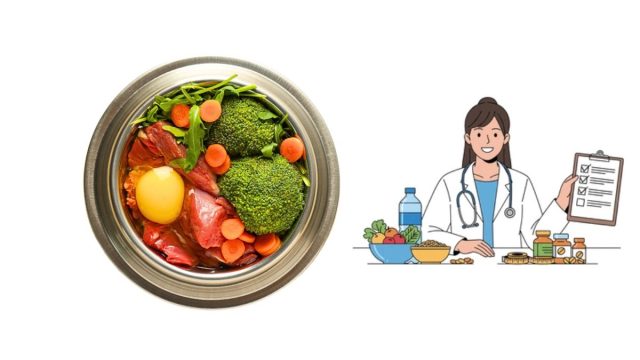Are You Eating Healthy or Just Fooled by Marketing?
Food manufacturers cleverly market products as “healthy” when they may actually be packed with hidden sugars, unhealthy fats, or artificial additives. It’s time to cut through the hype and uncover the truth about some of the most misleading “health” foods that could be sabotaging your diet.
1. Flavored Yogurt
Yogurt is often promoted as a gut-friendly, protein-rich snack, but flavored varieties can contain as much sugar as a candy bar. While probiotic benefits remain, the high sugar content negates the health perks. Opt for plain Greek yogurt and add fresh fruit or a drizzle of honey for natural sweetness.
2. Granola and Granola Bars
Granola has long been associated with clean eating, but many store-bought varieties are loaded with refined sugar, artificial flavors and unhealthy fats. Similarly, granola bars can be calorie-dense and lack sufficient fiber or protein to keep you full. Instead, make homemade granola with nuts, seeds and natural sweeteners like dates or honey.
3. Plant-Based Meat Alternatives
While plant-based diets are trending for health and environmental reasons, many meat substitutes contain processed ingredients, excessive sodium and unhealthy oils. Instead of relying on pre-packaged plant-based meat, opt for whole food sources of protein like lentils, chickpeas and tofu.
4. Fruit Juice
A glass of orange juice might seem like a vitamin-packed start to your morning, but most store-bought juices are stripped of fiber and packed with added sugars. Whole fruits provide fiber that helps regulate blood sugar, making them a superior choice to fruit juice.
5. Veggie Chips
Veggie chips might sound like a better alternative to regular potato chips, but they often contain minimal vegetable content and are deep-fried in unhealthy oils. If you crave a crispy snack, opt for homemade kale chips or baked sweet potato slices.
6. Protein Shakes and Bars
While marketed for fitness enthusiasts, many protein shakes and bars are filled with artificial sweeteners, preservatives and low-quality protein sources. Instead of relying on processed products, choose natural protein sources like eggs, cottage cheese, or nuts.
7. Gluten-Free Packaged Foods
Gluten-free doesn’t automatically mean healthy. Many gluten-free breads, cookies and snacks contain refined flours, added sugars and artificial ingredients. If you’re avoiding gluten for health reasons, focus on naturally gluten-free whole foods like quinoa, brown rice and fresh produce.
The Bottom Line: Read Labels and Choose Whole Foods
Healthy eating isn’t just about what a label claims, it’s about understanding what’s actually inside your food. To truly clean up your diet, focus on whole, minimally processed foods and always check ingredient lists to avoid hidden unhealthy additives. Making small, informed swaps can have a significant impact on your health and well-being.




